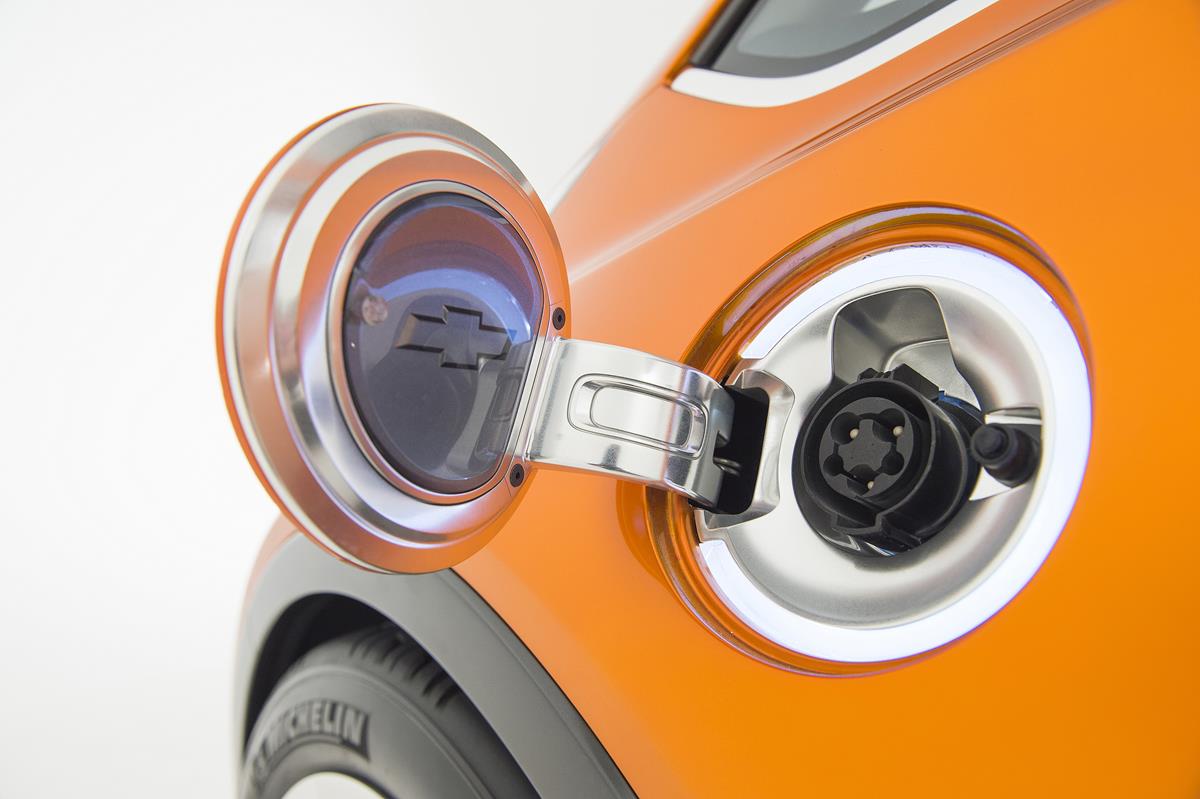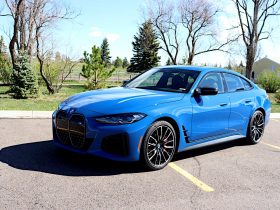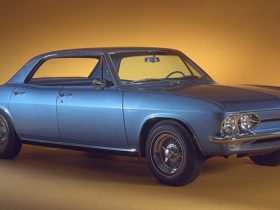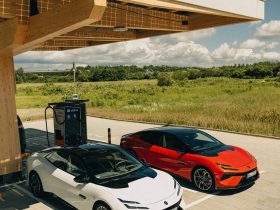Between hybrids and all-out electrics, the tech has been in place for at least partial electric transmissions to get us to our destinations for a while now. Yet, reports show that auto consumers are not buying electric for some reason. This, despite the claims that there is long-term cost savings and it is more eco-friendly, is something that baffles the experts.
What reasons could consumers be sticking with their diesel and petrol-powered versions of Peugeot vans and Japanese compacts instead of their more fuel-efficient, electric-motor powered counterparts?
Since there aren’t many people driving electric vehicles on the streets right now, many people who want to try one are hesitant. Naturally, traditional cars still outnumber them in terms of street visibility, giving most people the false impression that there is something wrong with it. Another problem is the anxiety that develops in most drivers’ minds, such as what would happen if the battery gets depleted when they haven’t reached their destination or if there will be a lot of charging stations along the roads that they’ll be passing through. All these what-ifs are giving drivers what they call ‘range anxiety.’ To accept these advancements, every individual must be open to accepting change with fewer worries.
More Expensive Off the Bat
For one, because of the hybrid battery and the customised engineering that is necessary for this still relatively new technology, electric cars are more expensive initially. They are long-term investments in an era where those trying to keep up with the Jones’ are flipping cars every few years, which negates the cost savings that generally are seen in the long haul.
If you are talking about the more specialised electric vehicles, like the kind that Tesla makes, then you are looking at only luxury vehicles, pretty much. Those are well out of the price range of most buyers except those comfortably in the middle and upper middle class, which explains its cost exclusivity.
If you wish to purchase an electric car, you don’t have to worry because there is now an electric vehicle loans created specifically for consumers who want to get an electric car. Whether you’re getting a new or used electric car, they’ll be able to provide you with a flexible financing solution.
Tech Remains Unproven
For many, the internal combustion engine has been around for as long as they can remember and that is good enough for them. Their political leanings may colour them indifferent to the environmental impact of cars that run on fossil fuels, so their old-school approach of sticking to ostensibly more powerful, reliable petroleum-burning engines that can get them from point A to B, no matter how long the journey, is enough for them to stick with the tried and true.
The infrastructure for long-distance travel is certainly not developed in most countries, so for those concerned with traveling farther than just the city limits, this is a real technological concern until they develop batteries that can hold a charge longer. Yes, in some places there are charge stations, but these are too few and far between to be of practical use for the average consumer. Also, in some cases one has to wait a long time to have access to the limited number of charge stations available.
Too Many Options Confuse the Consumer
The categories and classes for plug-in electric vehicles (PEVs) are numerous, which could cause potential buyers to be confused and reluctant to spend on what is available without first understand all the options.
The National Academy of Science produced a report that was commissioned by the US Congress which divided PEVs into four classes: minimal plug-in hybrid electric vehicles (PHEVs) which can only perform short trips on battery power alone; short-range battery electric vehicles; range-extended PHEVs which, most of the duration of a trip, drive on electric power; and long-range battery electric vehicles (BEVs), which are rated to travel anywhere from 200 to 300+ miles on a single charge before needed to see a station. As a relatively new product to the market, this class confusion is surely preventing people from investing.
Ultimately, with the proper dissemination of information, people will begin to accept that electric vehicles will be the future of automobiles. Soon, the streets will be filled with these, and charging stations will be abundant. In addition, the world will begin to recover from the scars created by greenhouse gas emissions from fossil fuels and traditional vehicles.







